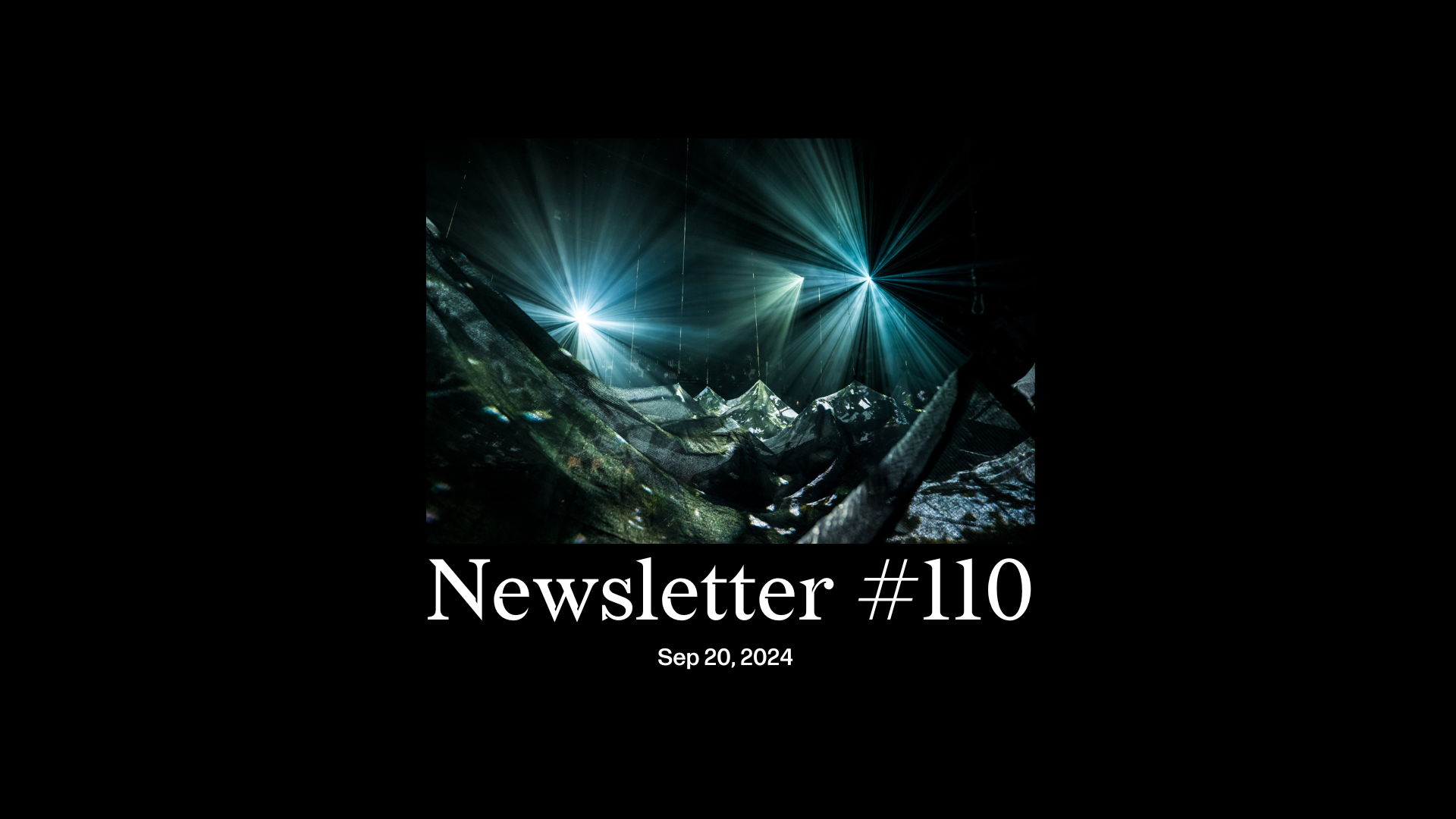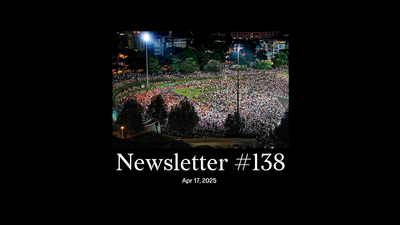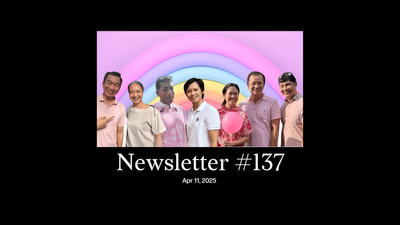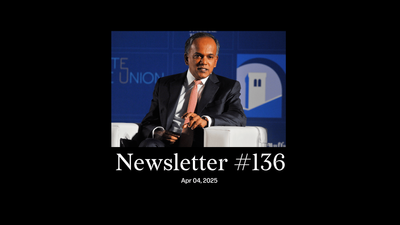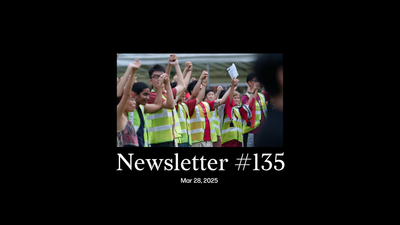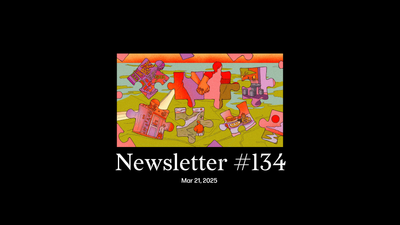Dear reader,
This is Corrie Tan, Jom’s arts editor, saying hello in a newsletter that begins with goodbye.
We are looking for a new head of research. Jean, our Employee #1 who took a gamble on a small media start-up, is leaving Jom in February. Part of me wants to clone her for this full-time position so I can continue mainlining her drip feed of pop culture trivia, political gossip, and home-baked desserts for every occasion. (These aren’t the responsibilities and requirements for the role, but they don’t hurt.)
Jean’s work both clads us and carries us. She’s our life jacket: her meticulous fact-checking has rescued each of us, more than once; she’s our backbone: the fastidious minutes she takes at every team meeting and her encyclopaedic knowledge of our publishing and organisational processes; and she’s our style guide: her proficiencies in the lexicon of social media, the idiolect of every generation, and the complex vocabularies of human relationships help us build a better community of readers and contributors. She’s made the role her own—co-interviewing Harpreet Singh, writing her own essays, and now hosting our first-ever podcast, hopefully out early next year—and if you’d like to find out how you can make it yours, apply here.
“Singapore This Week”. In this week’s digest, we look at Lee Hsien Loong’s warning to the public service, K Shanmugam’s $88m bungalow sale, the environmental perils of mooncake packaging, the future of the former Tanjong Pagar Railway Station, our victories at the “Olympics” of vocational skills, three artist retrospectives, AI and your ah ma, and more.
Essays. Cliffs sculpted over centuries by the tides, forests fed by growing layers of leaf litter, skeletal remains lodged in limestone for millennia: our essays this week sit with the slow drift of time, and persuade us to take a planetary perspective of our brief human lives. We have a double-bill for you, responding to different (but thematically resonant) shows at the 2024 Singapore International Festival of Arts. One is written by a professor of dance, herself a dancer fluent in the classical forms of odissi and bharatanatyam; the other, by a clinical mental health and somatic practitioner who’s committed to care ethics in artmaking.
As a critic, I often think about the page (or screen) as a site of encounter for readers. They’re encountering my writing and, by extension, me. They’re encountering an artist that they may be unfamiliar with, or whose work they may know better than I do. And they’re encountering themselves: their accumulated tastes and preferences, their memories of shows past, the friends who shared in that moment of communal spectatorship. How we set up this encounter—how a reader makes acquaintance with an artist or artwork—is part of our critical duty. Criticism is a relational act.
Here, Aparna and Xiao Ting’s pieces take “the encounter” a step further and invite us to revisit our relationship with the Earth. The festival’s dance-theatre electronic opera and immersive cave concert become points of embarkation for discussions on the climate transition and its contingent crises, and what it means to continue to make art in a fracturing world.
What I also love about commissioning reviews is seeing how one person’s point of view might come into conversation with another. Aparna gives language and intellectual rigour to nonverbal artforms, drawing our attention to the “climate disquiet” that has dominated the art world, and giving us shared conceptual tools to decode our age of “planetary dysphoria”. And in Xiao Ting’s visceral writing, I’m reminded that our encounter with performance is firstly through our bodies: “What lingers in my body now is the foliage glittering and filtering through the shade net, turning my skin into fresh mulch. It’s giving me vertigo, as though I’ve been transported into the centrifugal heart of an unknown, unnamed forest, whirling through its leaves and branches as a single atom. There is no sense of up or down, left or right—just green, green, and more shades of green.”
I encountered both these performances in May with Aparna and Xiao Ting, and it’s a joy to see their words give textual heft to the ephemeral experience of music and movement. In rereading their essays, I travel through time to the moment of performance, but also through the cosmos to marvel at the timescales of the universe, and the great beyond.
Jom tonton,
Corrie Tan
Arts editor, Jom
If you’ve enjoyed our newsletters, please scroll to the bottom of this page to sign up to receive them direct in your inbox.

